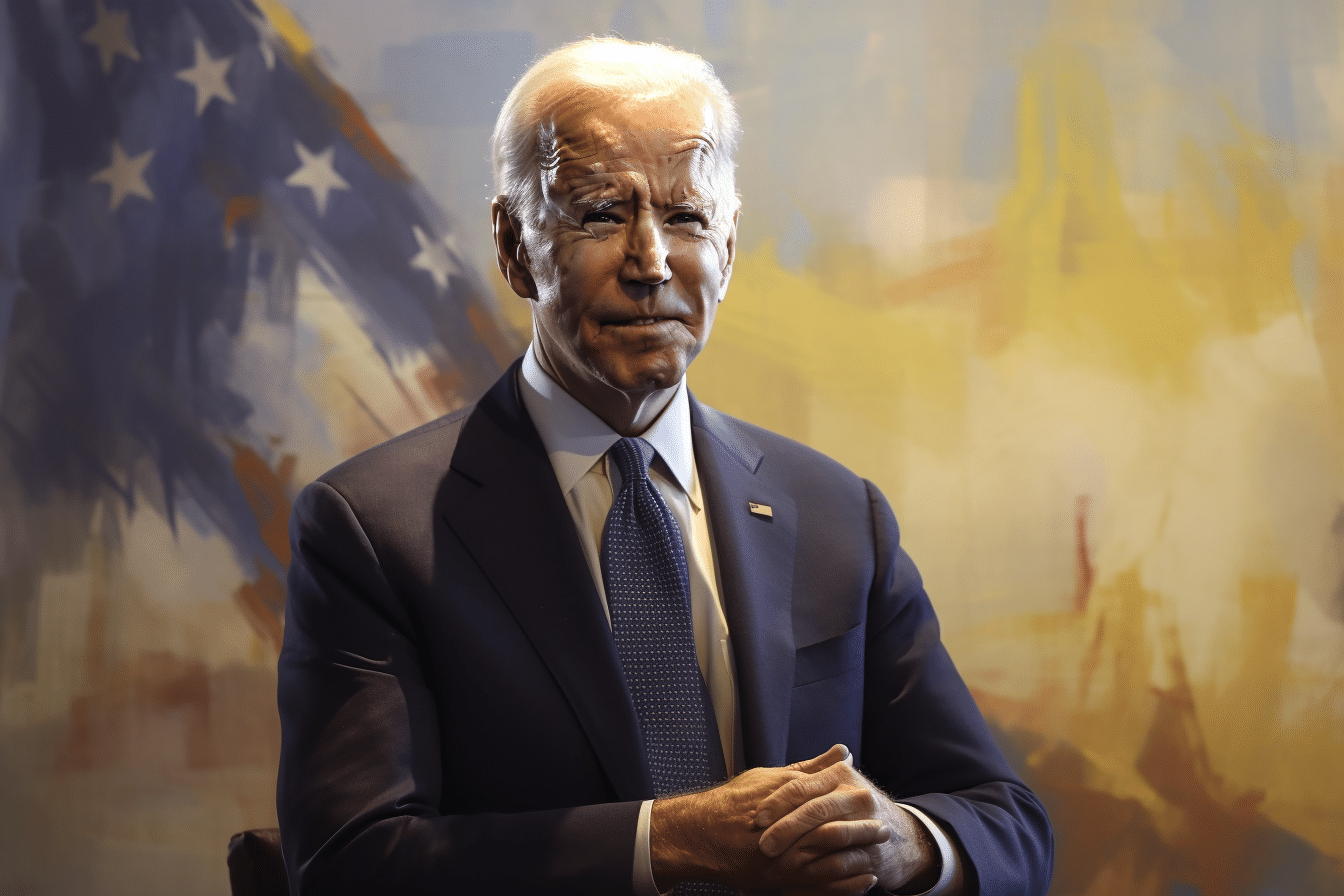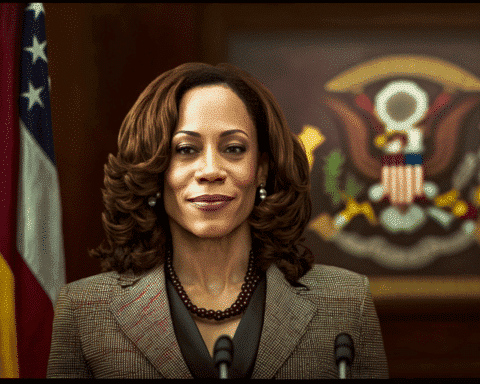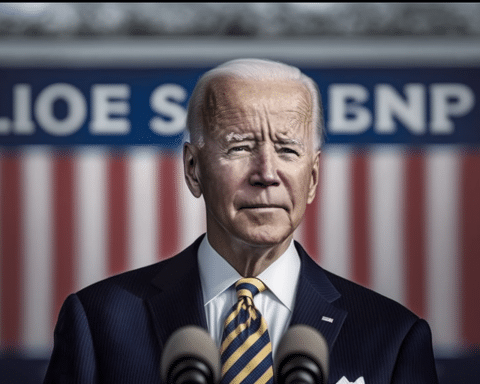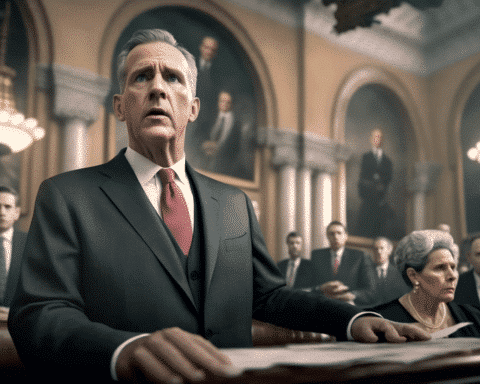As he embarked on his journey to Japan, President Joe Biden highlighted the importance of continued global engagement, even as a potential impasse on the U.S. debt limit looms back home. He expressed his commitment to maintaining regular communication with the negotiators working to prevent a federal default.
The president’s departure followed the cancellation of his planned visits to Papua New Guinea and Australia due to the ongoing dispute with House Republicans over raising the federal debt limit. These cancellations disrupted the intended demonstration of U.S. global leadership and instead drew attention to how domestic partisan disputes have undermined America’s international standing.
Before leaving the White House, Biden addressed his decision to curtail his trip, stating, “I’ve cut my trip short to be here for the final negotiations and sign the deal with the majority leader.” He further emphasized that the U.S. was committed to fulfilling its financial obligations.
The intertwined challenges of the debt limit standoff and his international engagements highlight two critical aspects of Biden’s presidency: his endeavours to reinforce U.S. international influence and tackle economic issues domestically. These events unfold as Biden begins his reelection campaign, adding a political dimension to the situation.
White House Press Secretary Karine Jean-Pierre accused Republican House Speaker Kevin McCarthy of placing Biden in a difficult position, forcing him to cancel parts of his trip. She claimed that McCarthy was holding the American economy hostage.
Despite these challenges, Biden is set to participate in the G7 summit in Hiroshima, focusing on supporting Ukraine against Russia, among other economic, climate, and global development concerns. The president plans to meet with the Quad leaders from Japan, Australia, and India, a meeting originally scheduled for his first presidential visit to Canberra and Sydney.
However, a scheduled stop in Papua New Guinea, designed to counterbalance China’s increasing influence in the region, has been completely removed from the itinerary. Despite the disappointment, Biden brushed off concerns that the shortened trip would be advantageous for China, stating that the U.S. would continue to work closely with its allies.
National Security Adviser Jake Sullivan echoed Biden’s sentiments, stating that the bilateral work with Australia and the Pacific Islands could be rescheduled while addressing the debt limit could not be postponed.
As discussions over the debt limit continue, U.S. officials have been voicing concerns that a default could trigger a deep recession and harm the country’s international reputation.
In the face of these complications, the White House maintains that President Biden can balance domestic and international commitments. However, concerns have been raised about the public perception of the president’s engagement with the ongoing crisis, especially due to the insistence from McCarthy for Biden to cancel his trip.
Analysts, such as Charles Edel from the Center for Strategic and International Studies, warned that the unpredictability caused by the cancellation could reverse the initial intent of Biden’s trip, which was to reinforce U.S. commitments to the region, and instead highlight the domestic political constraints on U.S. foreign policy.
As President Biden attempts to balance the domestic economic concerns of a looming debt ceiling standoff with international diplomacy, it remains to be seen how these contemporary challenges will impact his presidency and the U.S.’s standing on the global stage. The cancellation of significant portions of his trip underlines the interplay between domestic politics and international commitments, sparking a debate about the U.S.’s ability to engage in global affairs while navigating homefront disagreements effectively. As these issues unfold, the potential consequences for the nation’s economy and international reputation will be closely scrutinized.




